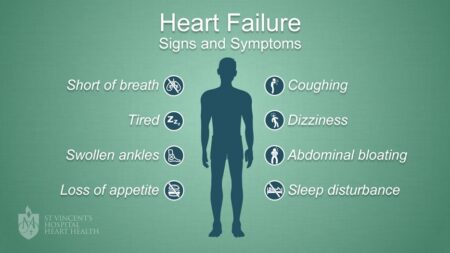HEART failure doesn’t mean that your heart has stopped.
Heart failure means that your heart is failing to keep up with your body’s demands. It means that the heart is unable to pump enough blood through the body to meet its nutritional needs. This can be because the heart is unable to fill with enough blood, or because its pumping action isn’t strong enough. Or both.
So, you can have heart failure without having a heart attack.
But if you have heart failure, the risk of a heart attack increases.
It’s bit like a leaky roof, which you don’t notice until it starts raining.
But with early diagnosis, treatment and lifestyle changes, a person with heart failure can reduce their risk of having a heart attack. Very importantly, they can also improve their quality of life.
Neglected heart failure is the number one cause of hospitalisation in Australians over the age of 65, according to heart health charity hearts4hearts.
One-in-three of patients admitted to hospital with heart failure in Australia are readmitted within two to three months.
So, if you are over-65, this should give you something to think about.
Common heart failure symptoms can often be dismissed as other health issues or even old age.
Recognising symptoms is key to early diagnosis and the best health outcomes.
Symptoms can include any of the following and should be discussed with your GP:
- Shortness of breath during minimal exercise or exertion
- Needing to use extra pillows when lying down to breathe easier
- Irregular heartbeat or palpitations
- Swelling of legs, feet, or stomach
- Coughing/wheezing
- Weight gain over a short period of time (for example, more than two kilos over two days)
- Extreme tiredness, low energy, or no energy
- Loss of appetite
Why not sign up to our free weekly newsletter? Or drop us a line and tell us your thoughts!
